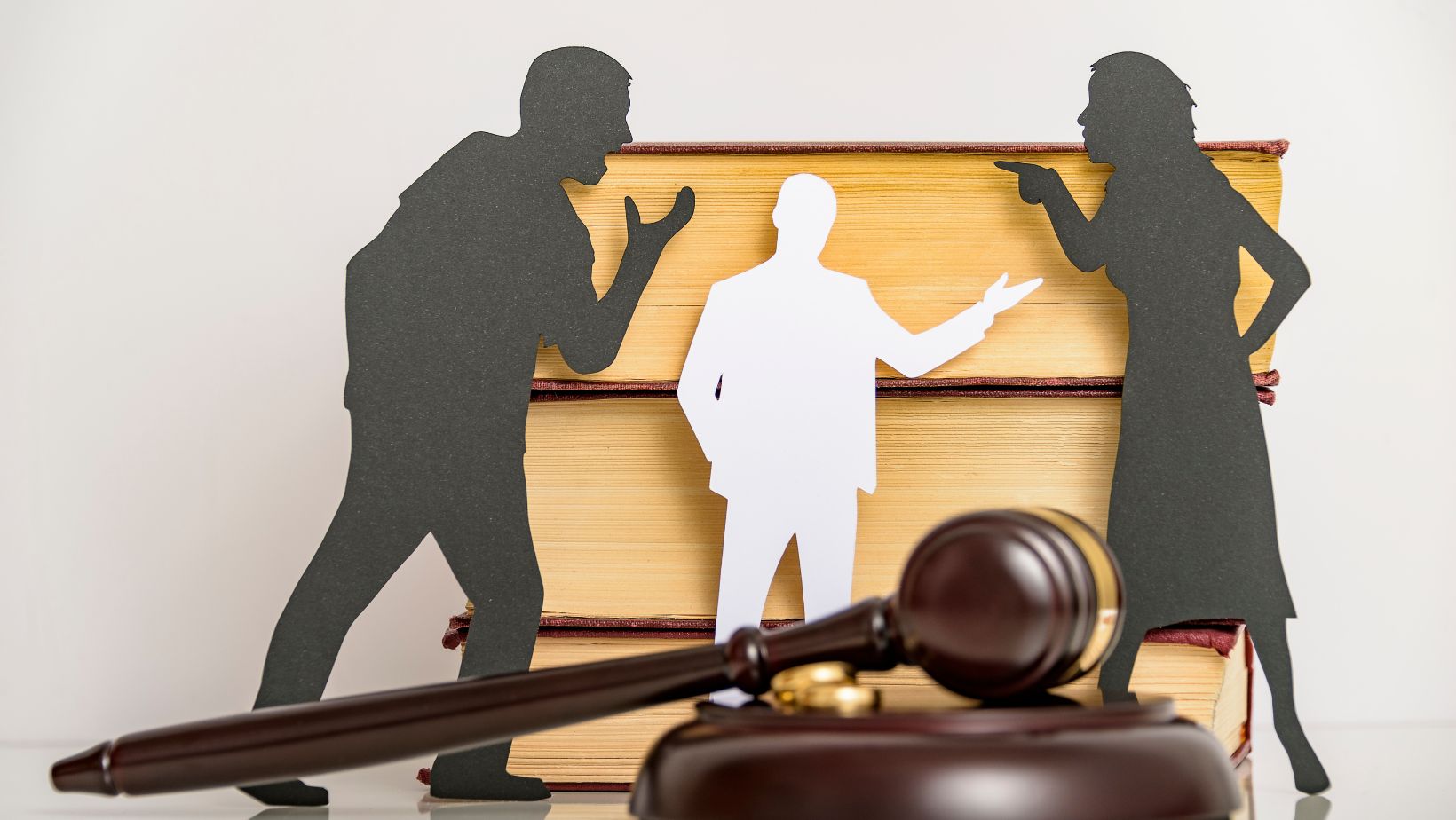
When a conflict arises, especially within families, it’s common to feel like the only solution is to take things to court. We’ve all seen the dramatic courtroom scenes on TV, where battles are fought and judgments passed. But in real life, there’s another, often better way to resolve disputes: mediation. It’s a process that focuses on collaboration rather than confrontation, offering a path toward resolution that’s faster, less stressful, and ultimately more empowering for everyone involved. So why is mediation a better choice than going to court?
1. Maintaining Control Over the Outcome
One of the greatest benefits of mediation is that you maintain control over the resolution. When you take a matter to court, you hand over control to a judge who makes the final decision, often based on legal precedent rather than your personal circumstances. The judge doesn’t know you or the people involved in the dispute on a personal level, so their decision might not reflect what’s truly best for your family or your unique situation.
In mediation, both parties work together to find a solution that meets everyone’s needs. You have the opportunity to voice your concerns, offer ideas, and come to an agreement that you can both live with. The mediator’s role is to facilitate that conversation and ensure it stays on track, but ultimately, the power rests with you. You decide what’s fair and what works best for your family or situation.
2. A More Peaceful, Collaborative Approach
Let’s face it—going to court is stressful. It’s adversarial by nature, designed to create winners and losers. Each side presents their case, often digging up dirt on the other to prove their point, and the result can be emotionally exhausting. This can especially take a toll on children and other family members who are caught in the middle.
Mediation offers a completely different approach. Instead of focusing on “winning,” mediation fosters collaboration. It’s a space where both parties can express their feelings and concerns in a respectful environment. Emotions can be acknowledged, but the mediator ensures the conversation remains productive. The goal isn’t to defeat the other person but to work together toward a solution that benefits everyone. This process often leads to better communication and understanding between parties, which is particularly important if there’s an ongoing relationship, such as co-parenting.
3. Time and Cost Efficiency
Court cases are not only emotionally draining, but they also take a long time to resolve and can be very expensive. Legal fees pile up, and the court calendar moves slowly, meaning your case could take months, even years, before reaching a conclusion. All of this comes with a high financial and emotional cost.

Mediation, by contrast, is typically much quicker. Many disputes can be resolved in just a few sessions, allowing both parties to move on with their lives sooner. The faster resolution means lower costs as well—mediation usually involves fewer hours of legal assistance and no court fees. It’s an efficient process that delivers both emotional and financial relief.
4. Better for Preserving Relationships
One of the harshest realities of going to court is the damage it can do to relationships. Whether it’s a divorce, a dispute between family members, or even conflicts in the workplace, the adversarial nature of court battles can leave lasting scars. These battles can create deep divisions, making it harder to move forward once the legal case is over.
Mediation, on the other hand, focuses on preserving relationships. The process encourages open communication and mutual understanding, allowing both parties to feel heard without resorting to a blame game. By resolving the conflict in a collaborative way, mediation helps foster respect and goodwill, which is crucial in family matters, especially when children are involved. It’s about finding a path forward that allows everyone to move on peacefully, rather than lingering in bitterness.
5. Confidentiality and Privacy
Court proceedings are public, meaning the details of your dispute could be available for anyone to access. This can feel invasive, especially if the matters being discussed are deeply personal or sensitive.

Mediation is a private process. Everything discussed during mediation remains confidential, and there’s no public record of what took place. This allows for a more honest, open dialogue, without the fear that personal details will be made public. For many people, this privacy is a huge relief, allowing them to speak freely and come to an agreement without worrying about external judgement.
A Better Way Forward
Mediation offers a way to resolve disputes that is empowering, respectful, and efficient. Especially for families. Unlike court, which can be adversarial, time-consuming, and costly, mediation keeps the power in your hands, allowing both parties to collaborate on a solution that works for everyone. It promotes better communication, reduces stress, and helps preserve relationships, all while saving time and money. For those facing conflict, mediation offers a path forward that’s not just about resolving a problem but doing so in a way that fosters understanding and respect.




























































